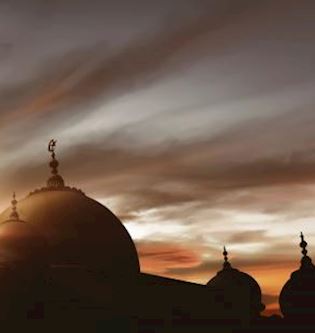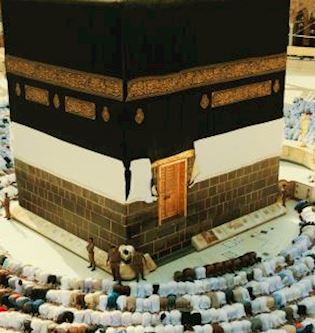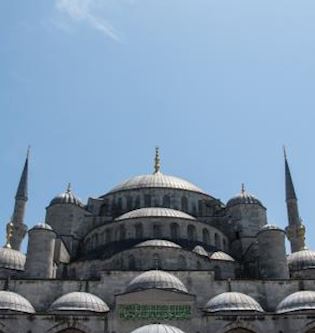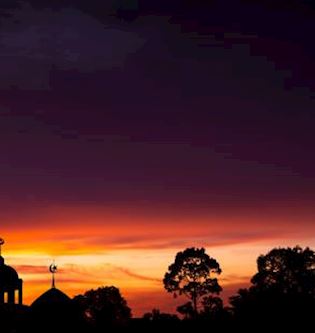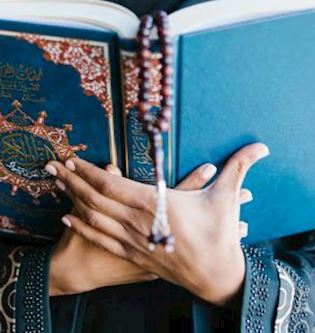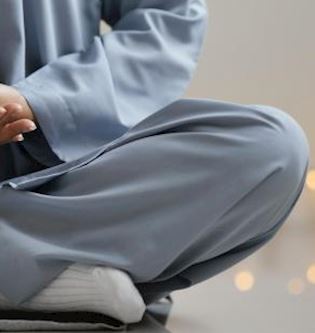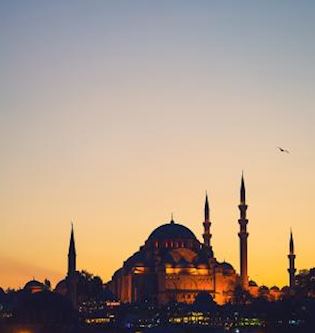What is Zakat ul Fitr?
What is Zakat ul Fitr, and how do you calculate it? As one of Islam’s five pillars, zakat is a mandatory act of charitable donation. In this article, we hope to clarify some of the frequently arising questions about Zakat ul Fitr obligations in these last ten days of Ramadan.
Understanding the Pillar of Zakat
Fasting during the month of Ramadan transcends being merely a religious obligation. It’s a transformative experience that fosters empathy and personal growth in us. As we abstain from food and water from dawn to dusk and establish prayer routines, we also nurture a deeper understanding of the less fortunate's struggles. This shared experience of hunger and thirst fosters a stronger bond among the community and encourages us to:
- Extend our hands in aid
- Practice gratitude for the blessings we have
- Reflect on our own actions and behaviors
- Seek forgiveness and make amends
- Develop self-discipline and self-control
This holy month serves as a springboard for our spiritual journey, enabling us to reap rewards extending beyond Ramadan. And one way to clean our hearts and wealth is by giving Zakat and Sadaqah.
By no means shall you attain righteousness unless you give freely of that which you love, and whatever you give, Allah knows it well.
[Qur’an 3:92]
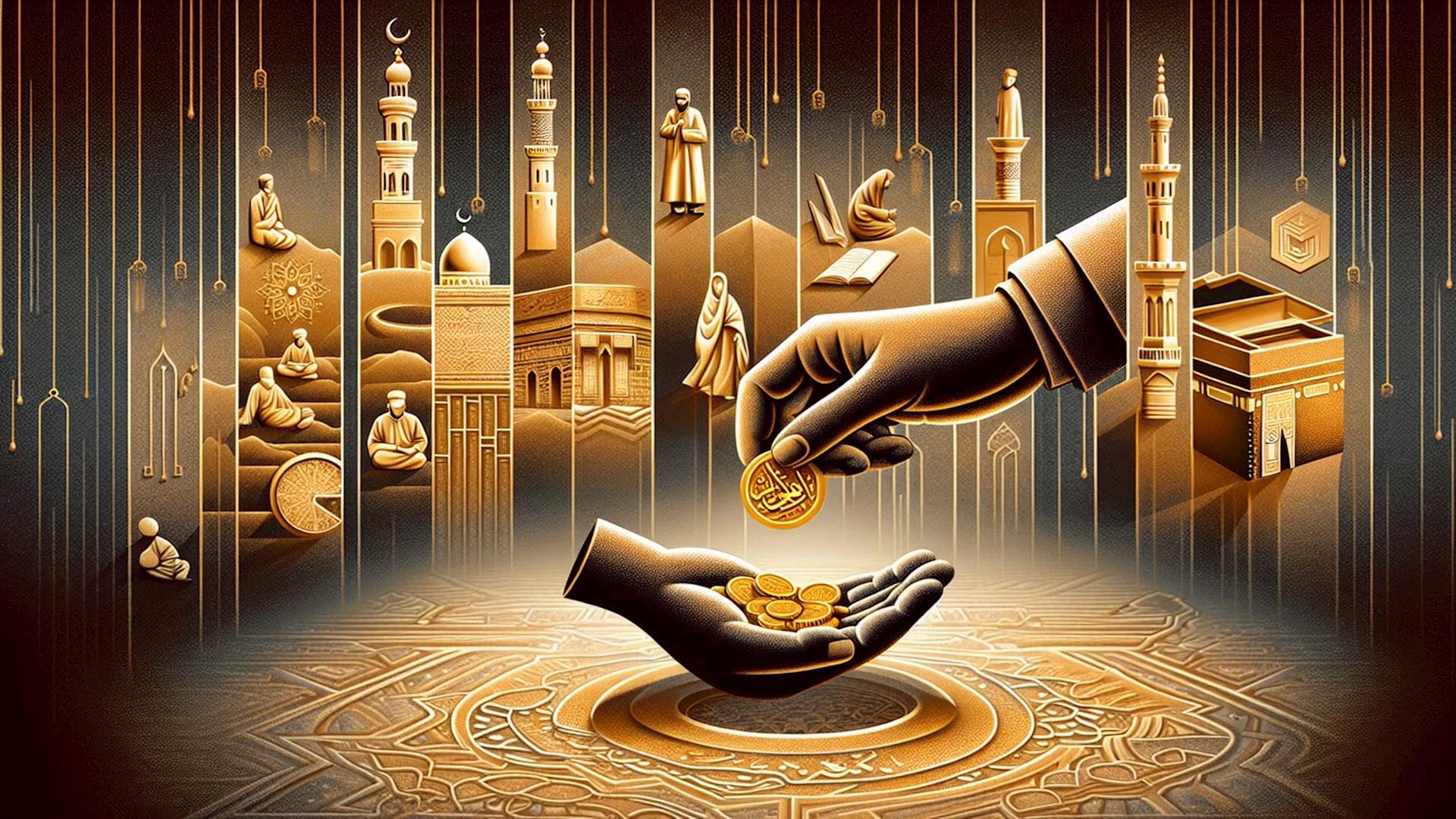
What is Zakat?
Zakat is one of the five pillars of Islam. It is a mandatory donation that every sane person must give if they qualify.
What are two types of Zakat?
The two types of Zakat are and Zakat (also known as Zakat ul mal) and Zakat ul Fitr.
It is important to understand these types and how to fulfill the obligation of paying Zakat.
What is Zakat-ul-Fitr?
Zakat ul Fitr (also known as Fitrana) is a special form of charity given before the Eid prayer/day. Sadaqat al-Fitr translates to “the Charity of Breaking the Fast.”
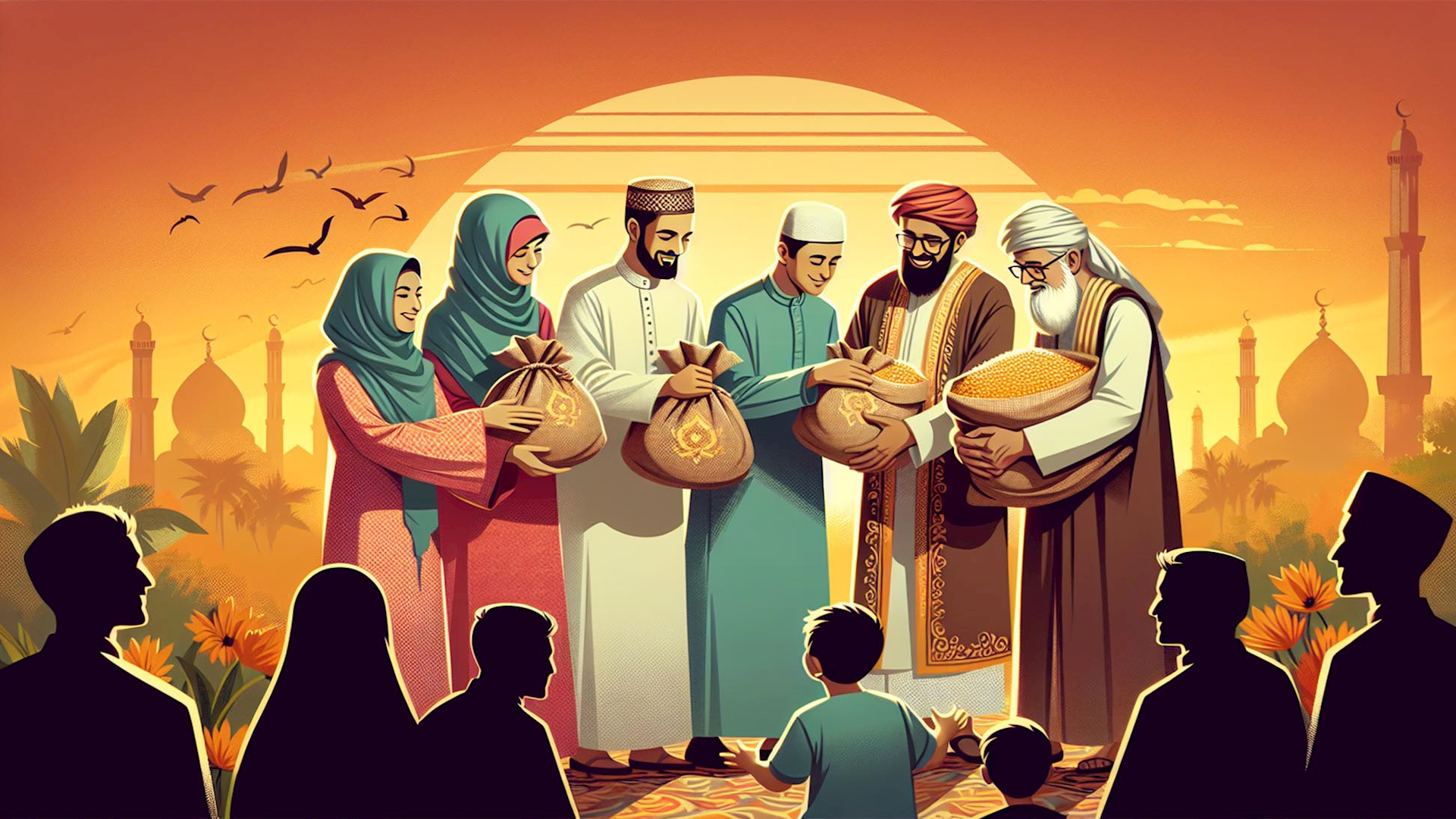
What is the difference between Zakat and Zakat ul Fitr?
Zakat is a charity that you give on excess or gains of the year. It is 2.5% of the wealth that has been held for one full year, and if your wealth exceeds the nisab threshold. So, you are not eligible to give zakat if you do not meet the nisab threshold.
While Zakat ul Fitr is for any Muslim who has more food than they need, unlike Zakat, it is an obligation on everyone in your household.
Who should pay Zakat ul Fitr?
It is compulsory for every self-supporting adult Muslim who has food beyond their needs on behalf of themselves.
Can Fitrana be paid for children or other family members?
Yes, fitrana should be paid for on behalf of babies and children.
Who can receive Zakat ul Fitr?
There are eight categories of people who can receive zakat.
- The Poor (Al-Fuqara): Those earning too little or without income.
- The Needy (Al-Masakin): People who are struggling to meet their basic needs.
- Administrators of Zakat (Al-‘Amilina ‘Alayha): Individuals responsible for collecting, storing, guarding, registering, and distributing Zakat.
- Those Whose Hearts are to Be Reconciled (Al-Mu’allafati-Qulubuhum): reverts or people interested in Islam.
- Those in Bondage(Fir-Riqab): Freeing those who are enslaved/ held captive.
- Those in Debt(Al-Gharimin): To help pay off debt (while ensuring it wasn't incurred through acts against Islamic law)
- In the Cause of Allah(Fi-Sabilillah): To help promote Islamic values or for Allah's sake.
- The Wayfarer( Ibn sabeel): refers to a traveler who does not have enough money during his journey, especially if the person is not local, and the journey is lawful according to Islamic law.
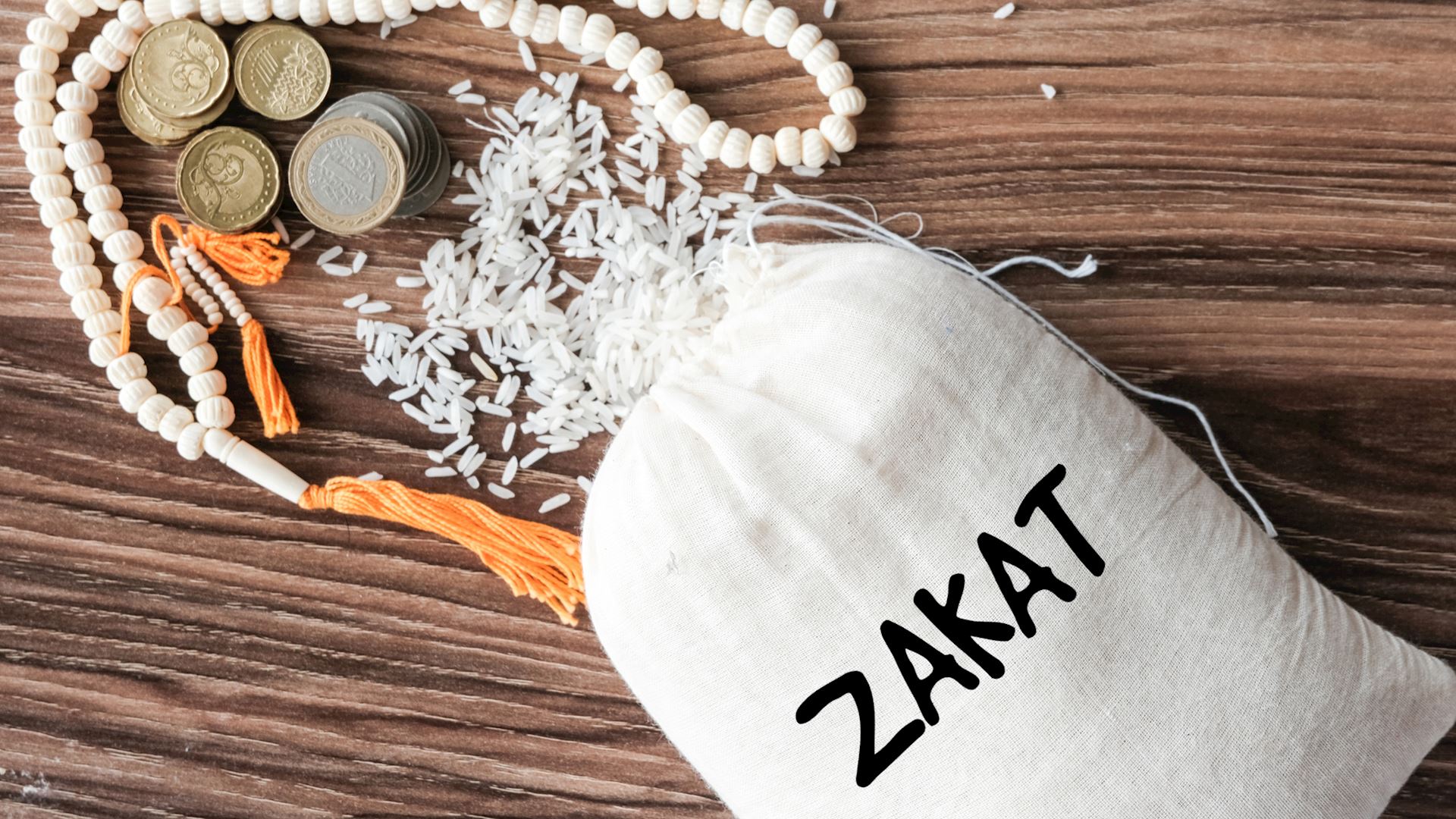
Is Zakat mentioned in the Quran?
Yes, Zakat is mentioned repeatedly in the holy Quran.
You shall observe the Salah, give the obligatory charity (Zakat), and bow down with those who bow down. (2:43)
There is ayah about who should get the zakat:
Alms-tax is only for the poor and the needy, for those employed to administer it, for those whose hearts are attracted ˹to the faith˺, for ˹freeing˺ slaves, for those in debt, for Allah’s cause, and for ˹needy˺ travellers. ˹This is˺ an obligation from Allah. And Allah is All-Knowing, All-Wise.
[Quran 9:60]
Zakat is often mentioned with Salah- to signify its importance:
Surely your Lord knows that you ˹O Prophet˺ stand ˹in prayer˺ for nearly two-thirds of the night, or ˹sometimes˺ half of it, or a third, as do some of those with you. Allah ˹alone˺ keeps a ˹precise˺ measure of the day and night. He knows that you ˹believers˺ are unable to endure this, and has turned to you in mercy.So recite ˹in prayer˺ whatever you can from the Quran. He knows that some of you will be sick, some will be traveling throughout the land seeking Allah’s bounty, and some will be fighting in the cause of Allah. So recite whatever you can from it. And ˹continue to˺ perform ˹regular˺ prayers, pay zakat and lend to Allah a good loan. Whatever good you send forth for yourselves, you will find it with Allah far better and more rewarding. And seek Allah’s forgiveness. Surely Allah is All-Forgiving, Most Merciful.
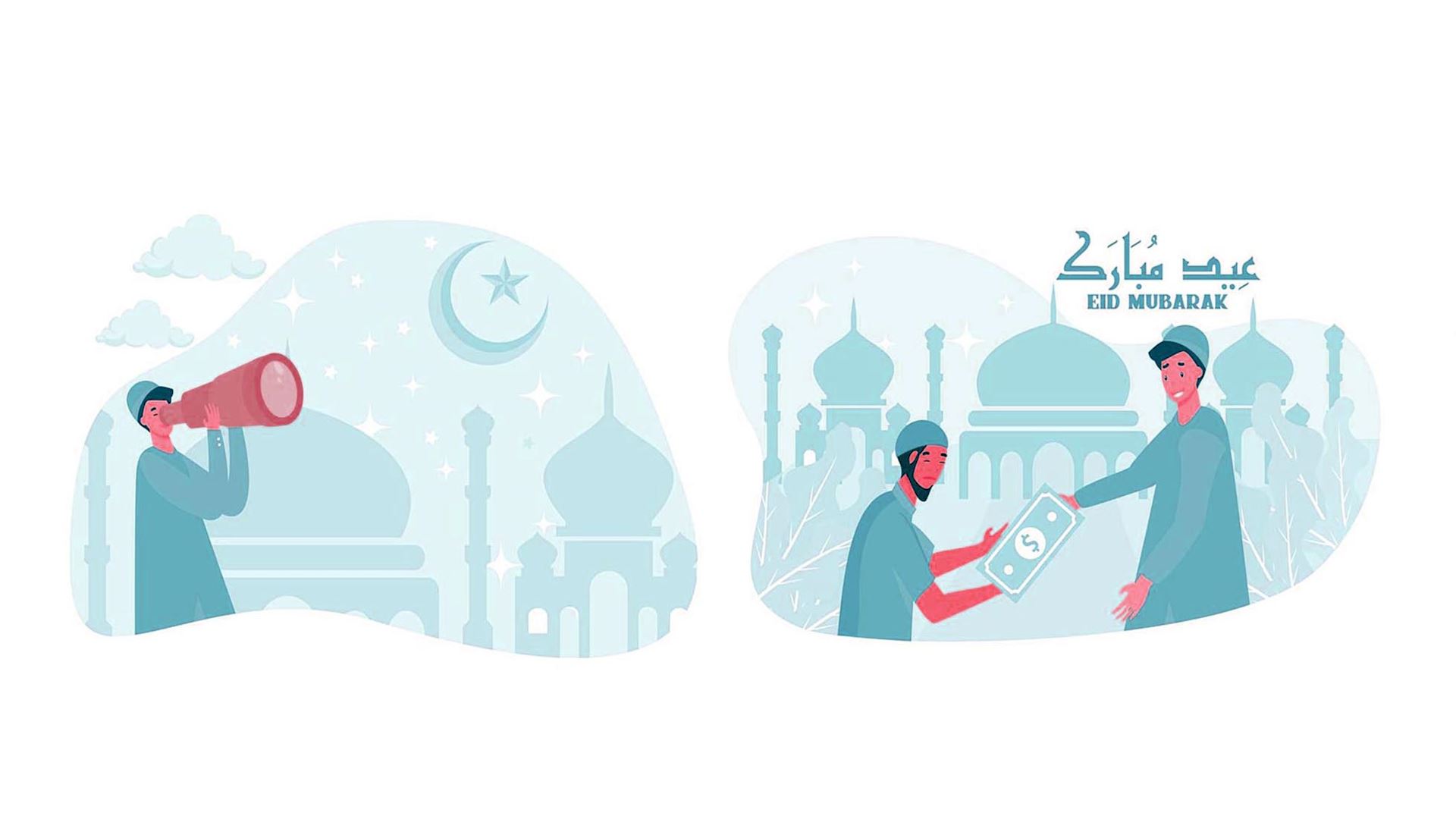
When do you give Fitrana?
Zakat ul Fitr is a charitable donation of food or money that must be given before Eid prayer, before the end of the month of Ramadan.
Ibn `Abbas (may Allah be pleased with him) reported:
“The Messenger of Allah (peace be upon him) ordained Zakat ul Fitr [Fitrana] to purify the fasting person from indecent words or actions, and to provide food for the needy. It is accepted as Zakat for the person who gives it before the Eid prayer; but it is a mere Sadaqah for the one who gives it after the prayer.”
[Abu Dawud and Ibn Majah]
How much is Zakat ul Fitr?
This year's Fitrana is $10, which you can easily donate from our website.
What are the benefits of Zakat al-Fitr?
Giving Zakat al-Fitr means providing food or money for the poor right before Eid. Fitrna is a means of cleansing any wrongdoings we might have committed during Ramadan. However, as with any charity, it reminds us that our risq is a blessing from Allah (swt), and the poor also have a right to it. Fitrna helps our needy brothers and sisters around the world who are struggling so they, too, can look forward to Eid.
We hope this blog helps you be mindful of Zakat ul Fitr essentials and fulfill your obligation as a Muslim. As we reflect on the wisdom of giving and its underpinning rewards of this sacred act in this sacred month, let us pray to Allah(swt) to look over our shortcomings and accept our donations.
Those who in charity spend of their goods by night and by day, in secret and in public, have their reward with their Lord: on them shall be no fear, nor shall they grieve.
[Qur’an 2:274]







